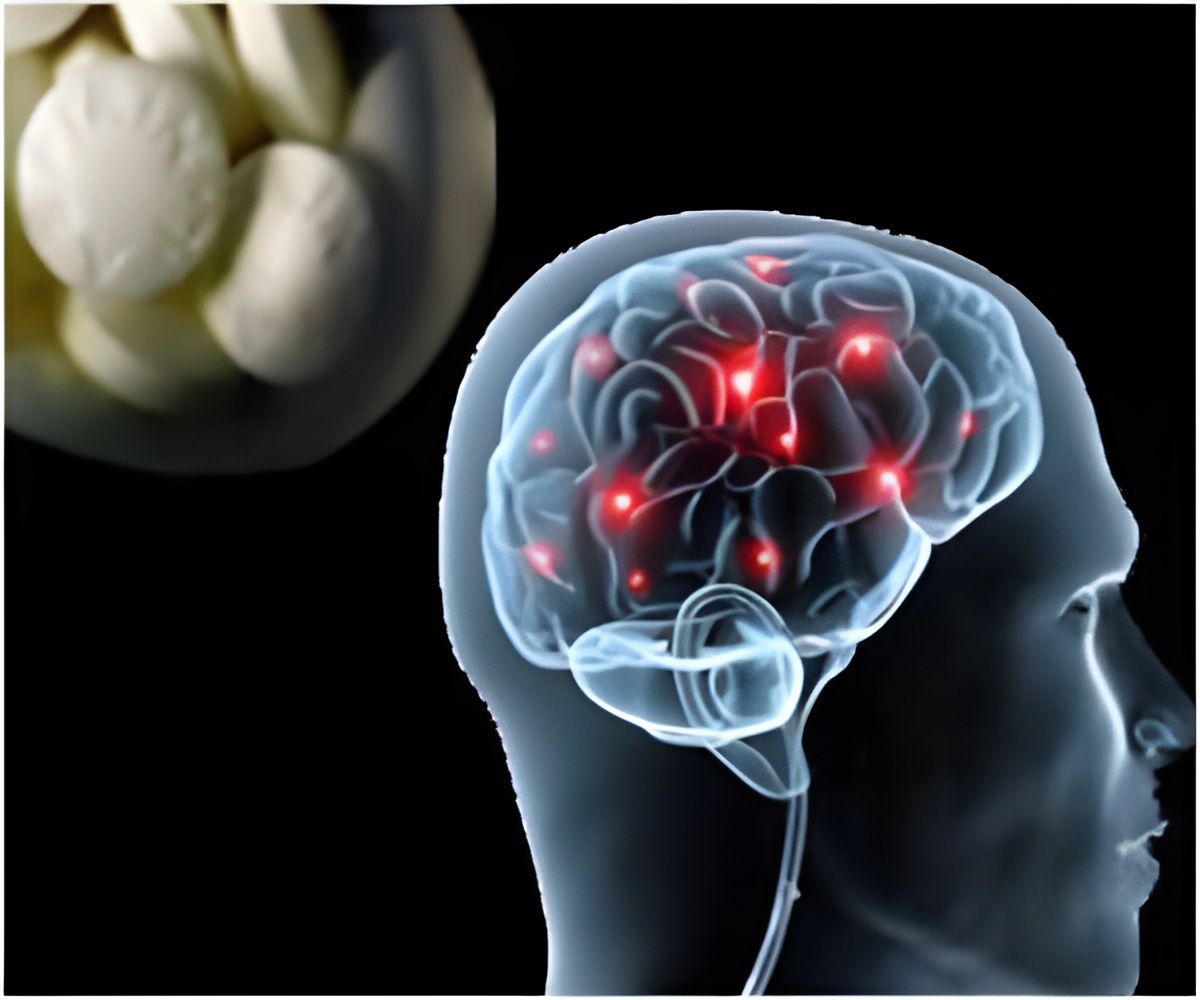
Study author Mi Sun Oh, MD, of Hallym University College of Medicine in South Korea, said, "Eventually we may be able to identify people who are likely to be resistant to aspirin and give them higher doses or different drugs to prevent blood clots. However, we need better ways to identify people with aspirin resistance before any changes can be made. For now, people who are taking low-dose aspirin to prevent blood clotting and stroke should continue to do so."
The study involved 310 people who had an ischemic stroke, which involves blood clotting, and had been taking aspirin for at least 7-days before the first stroke symptoms. About 86 people, or 27.7 percent, were resistant to aspirin in this study. In the aspirin-resistant group, the median stroke severity score was 4, with scores ranging from 3 to 11, where scores from 1 to 4 indicate a minor stroke and scores from 5 to 15 indicate a moderate stroke. For those who responded to aspirin, the average stroke severity score was 3, with scores ranging from 1 to 6. The study participants who were aspirin resistant also had larger areas of the brain affected by the stroke, as measured by MRI diffusion weighted imaging, with infarct size of 2.8 cc compared to 1.6 cc for those who responded to aspirin.
The study will be presented at the American Academy of Neurology's 67th Annual Meeting in Washington, DC, April 18 to 25, 2015.
Source-Medindia













